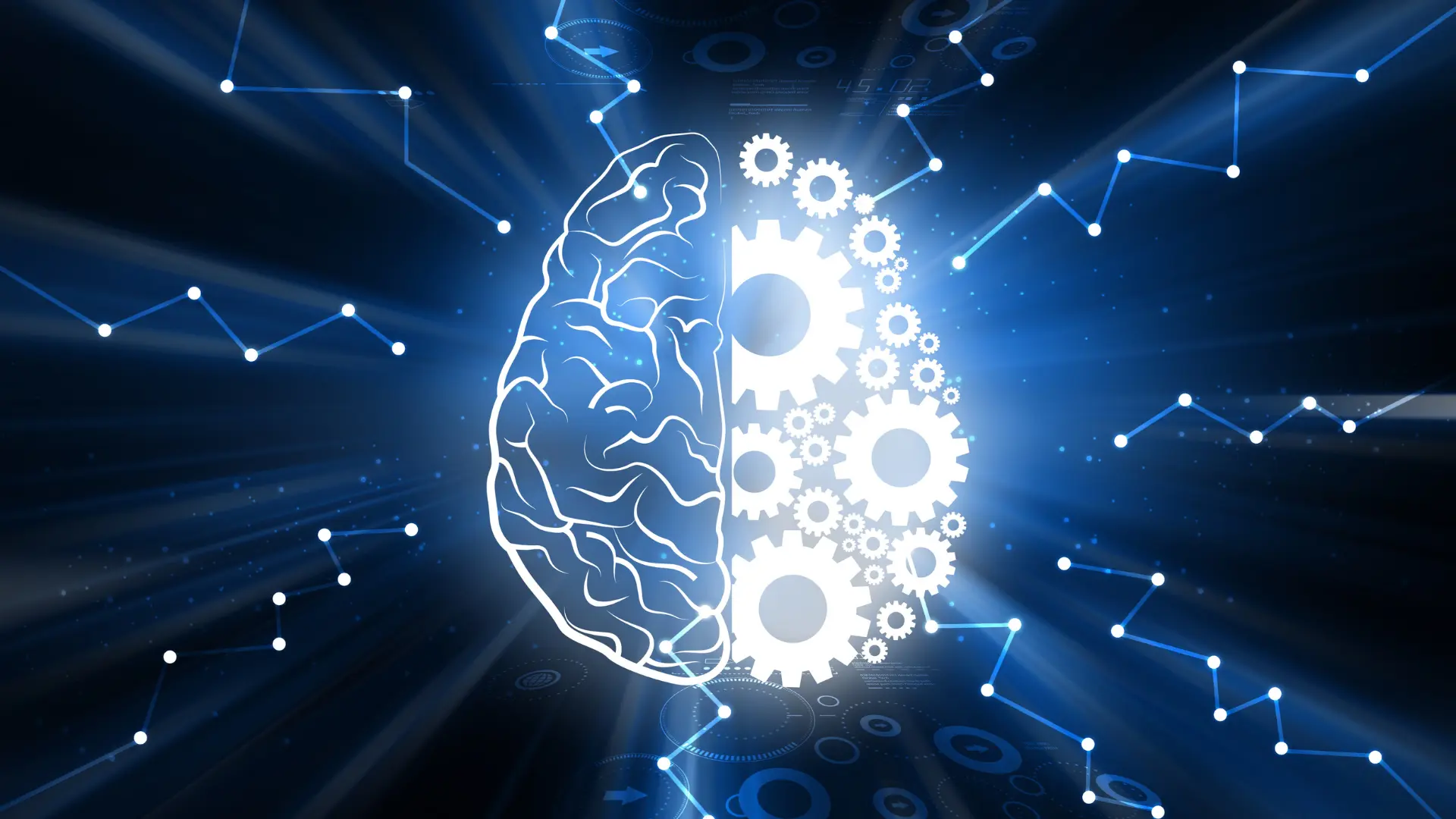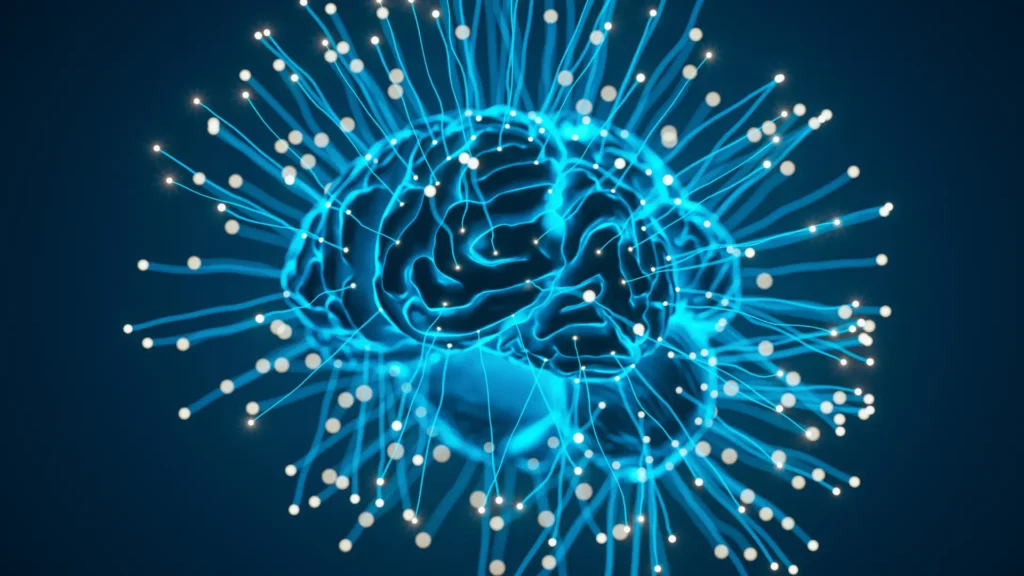Mind hacking is a modern, results-oriented approach to personal development that uses practical techniques from experimental psychology and cognitive neuroscience to consciously and rapidly change your own thoughts, emotions, and behaviors. It frames the mind as a complex “operating system” that can be understood, debugged, and optimized. It can be practiced by the adept itself or with the help of a mind hacking coach.
Hacking Your Inner Operating System
Esentially, mind hacking is the practice of applying specific, systematic methods to influence your own mental and emotional states. It treats limiting beliefs, unwanted habits, and negative emotional loops as “bugs” in your mental code. The goal is to use a variety of tools to “reprogram” these patterns, leading to improved performance, greater emotional resilience, and a higher degree of self-mastery. Practitioners of these arts are often called mind hackers or neurohackers. In more esoteric circles that blend technology with focused intent, some may even use titles like technomancers.
Self-Directed Neuroplasticity
Mind hacking is made possible by a fundamental property of the brain known as neuroplasticity. This is the brain’s innate ability to reorganize its structure, functions, and connections in response to experience. Every time you learn a new skill or change a habit, you are leveraging neuroplasticity. Mind hacking is the process of making this a conscious and deliberate act—self-directed neuroplasticity—where you choose the changes you want to make and apply specific techniques to create and reinforce new neural pathways. This process relies on Hebbian learning—where neurons that fire together, wire together—and synaptic pruning, the elimination of weak or unused connections to increase network efficiency.
The Mind Hacker’s Toolkit
Mind hacking is not a single method but a toolkit or meta-system of different modalities. While they often overlap, each has a distinct focus and mechanism of action.
| Modality | Primary Goal | Mechanism | Best For |
|---|---|---|---|
| Subconscious Reprogramming | Foundational belief change | Altering deep-seated, automatic patterns and beliefs through various methods that bypass the critical conscious mind. | Changing core identity, long-term habits, and automatic emotional reactions. |
| Hypnosis / Hypnotherapy | Targeted suggestion | Inducing a focused state of heightened suggestibility to install new behaviors, perceptions, or beliefs. | Overcoming specific phobias, addictions, and ingrained behavioral patterns. |
| NLP | Modeling excellence | Analyzing and replicating the language and behavioral patterns of successful individuals to achieve specific outcomes. | Improving communication skills, influence, and mastering new behaviors quickly. |
| Mindset Coaching | Cultivating resilience | A structured process of identifying and shifting limiting mindsets through techniques like cognitive reframing. | Developing a proactive, resilient, and growth-oriented outlook on life and challenges. |
| Mental Conditioning | Performance under pressure | Training the mind to maintain clarity and control during high-stress situations through controlled exposure and regulation techniques. | Athletes, executives, and anyone needing to perform optimally under pressure. |
Subconscious Reprogramming
This is the broad category of changing the deep-seated, automatic programs that run your life. While hypnosis is a primary tool for this, subconscious reprogramming is a wider field that doesn’t always require a relaxed, formal trance state. It can include techniques like repeated affirmations, subliminal messaging, and specific visualization exercises designed to slowly overwrite old beliefs and habits over time.
Hypnosis and Hypnotherapy
Hypnosis is a specific tool for inducing a state of focused attention and heightened suggestibility. In this state, the subconscious mind is more receptive to new ideas. Hypnotherapy is the clinical application of hypnosis by a trained therapist for therapeutic goals. Importantly, this process does not always require a guide; self-hypnosis is a skill that allows an individual to guide themselves into this state to work on their own programming.
Neuro-Linguistic Programming (NLP)
Neuro-Linguistic Programming (NLP) is a methodology for understanding how the language of the mind creates and runs our patterns of behavior. It provides tools for “modeling” the strategies of successful individuals and installing those strategies in oneself. It is less about a deep trance and more about understanding and changing the structure of your subjective experience in the moment.
Mindset Coaching
Mindset coaching is a structured, goal-oriented process that focuses on identifying and transforming a person’s underlying beliefs and attitudes. A key tool within mindset coaching is cognitive reframing—the practice of consciously changing your perspective on a situation to alter its emotional meaning. The coach works with the client to build a more resilient, resourceful, and growth-oriented mindset.
Mental Conditioning
Mental conditioning is the specific practice of “training the mind” to perform optimally under pressure, much like an athlete trains their body. This involves controlled, voluntary exposure to stressors in a safe environment to build mental and emotional resilience. It includes practicing directed emotional regulation and utilizing on-the-spot mental and breathing techniques (among other techniques and approaches) to relieve stress and maintain clarity during a high-stakes event, like a competition or important business meeting.
Applications: From Stress Management to Peak Performance
The applications of mind hacking are broad, ranging from therapeutic to performance-oriented. On a daily basis, these techniques can be used for effective stress management and emotional regulation. In a professional or athletic context, they are used to cultivate mental toughness, enhance focus, accelerate learning, and achieve states of “flow” for peak performance.
Biofeedback and Neurofeedback
Biofeedback and neurofeedback represent the technological frontier of mind hacking. These methods use electronic sensors to provide you with real-time data about your physiological state—such as your heart rate variability (HRV), skin temperature, or brainwave patterns (EEG). By seeing this data, you can learn to consciously influence these typically unconscious processes, thus effectively training your mind-body system for greater control and coherence.
Chemical Enhancement and Nootropics
Many neurohackers augment psychological techniques with pharmacological interventions known as nootropics or “smart drugs.” These substances, ranging from synthetic compounds like racetams and modafinil to natural adaptogens like lion’s mane mushroom, are ingested to modulate neurotransmitter levels (typically dopamine, acetylcholine, and serotonin). The goal is to enhance executive function, memory retention, and synaptic plasticity, creating a fertile neurochemical environment for habit formation.
Mind Hacking as a Path to Self-Mastery
Ultimately, mind hacking is a path toward greater personal freedom and self-mastery. It is built on the premise that you are not a passive victim of your own mental and emotional patterns. By understanding the principles of how your mind works and applying the right tools, you can become the conscious architect of your inner world, capable of debugging old limitations and programming new possibilities.



